As homeowners, we’re always looking for ways to save money and reduce our environmental impact. One way to achieve both goals is by upgrading to an energy efficient HVAC system. Here are the benefits of energy-efficient HVAC systems, as well as tips for choosing the right system for your needs.
Benefits of Energy-Efficient HVAC Systems
Lower Energy Bills
Energy-efficient HVAC systems are designed to use less energy than traditional systems, which translates to lower energy bills. In fact, upgrading to an energy efficient system can save homeowners up to 30% on their heating and cooling costs.
Improved Indoor Air Quality
Energy-efficient HVAC systems often include features like advanced filtration systems that remove allergens and pollutants from the air, leading to improved indoor air quality and better health for your family.
Increased Comfort and Control
Energy-efficient HVAC systems are designed to provide consistent and even heating and cooling throughout your home, ensuring that every room is comfortable. Additionally, many systems come with programmable thermostats that allow you to set the temperature to your desired level, even when you’re away from home.
Reduced Environmental Impact
By using less energy, energy-efficient HVAC systems help reduce your carbon footprint and contribute to a healthier planet. They also often use refrigerants that are less harmful to the environment than traditional refrigerants.
Features of Energy-Efficient HVAC Systems
High SEER or AFUE
Ratings SEER (Seasonal Energy Efficiency Ratio) and AFUE (Annual Fuel Utilization Efficiency) ratings are used to measure the efficiency of HVAC systems. Energy efficient systems typically have SEER ratings of 16 or higher and AFUE ratings of 90% or higher.
Variable Speed Blowers
Variable speed blowers adjust the airflow in your HVAC system to match your home’s heating and cooling needs, ensuring that your system is running efficiently and effectively.
Two-Stage Compressors
Two-stage compressors adjust the amount of energy used by your HVAC system based on your home’s heating and cooling needs, reducing energy waste and increasing efficiency.
Zoning Systems
Zoning systems allow you to control the temperature of different areas of your home separately, reducing energy waste and ensuring maximum comfort.
Smart Thermostats
Smart thermostats allow you to control your HVAC system from your phone or other smart device, giving you greater control over your home’s heating and cooling.
Choosing an Energy-Efficient HVAC System
When choosing an energy-efficient HVAC system, there are several factors to consider:
- Research different brands and models to find one that meets your needs and budget.
- Look for systems with high-efficiency ratings, such as SEER ratings of 16 or higher and AFUE ratings of 90% or higher.
- Consider the size and layout of your home to ensure that you choose a system that is appropriately sized for your needs.
- Don’t forget about installation and maintenance costs, as these can add up over time.
If you’re interested in upgrading to an energy-efficient HVAC system, contact Summit Air Conditioning for professional installation and maintenance services. Our experienced technicians can help you choose the right system for your needs and ensure that it runs efficiently for years to come.
Most Frequently Asked Questions About Energy-Efficient HVAC Systems
How much can I expect to save on my energy bills with an energy-efficient HVAC system?
The amount you can save on your energy bills will depend on a variety of factors, including the size of your home, your energy usage habits, and the efficiency of your current system. On average, homeowners can expect to save up to 30% on their energy bills by upgrading to an energy-efficient HVAC system.
Can I still receive tax credits for purchasing an energy-efficient HVAC system?
Yes, homeowners may be eligible for federal tax credits for purchasing energy-efficient HVAC systems. The amount of the credit will depend on the type of system purchased and other factors, so be sure to consult with a tax professional to determine your eligibility.
Are energy-efficient HVAC systems more expensive to install than traditional systems?
Energy-efficient HVAC systems can be more expensive to install than traditional systems, but they often pay for themselves over time through energy savings. Additionally, many utility companies offer rebates and incentives for homeowners who upgrade to energy-efficient systems.
In conclusion, upgrading to an energy-efficient HVAC system is a smart choice for homeowners who want to save money and reduce their environmental impact. By considering the features and efficiency ratings of different systems, homeowners can choose a system that meets their needs and budget.
Contact Summit Air Conditioning for professional installation and maintenance services to ensure that your new system runs efficiently for years to come.
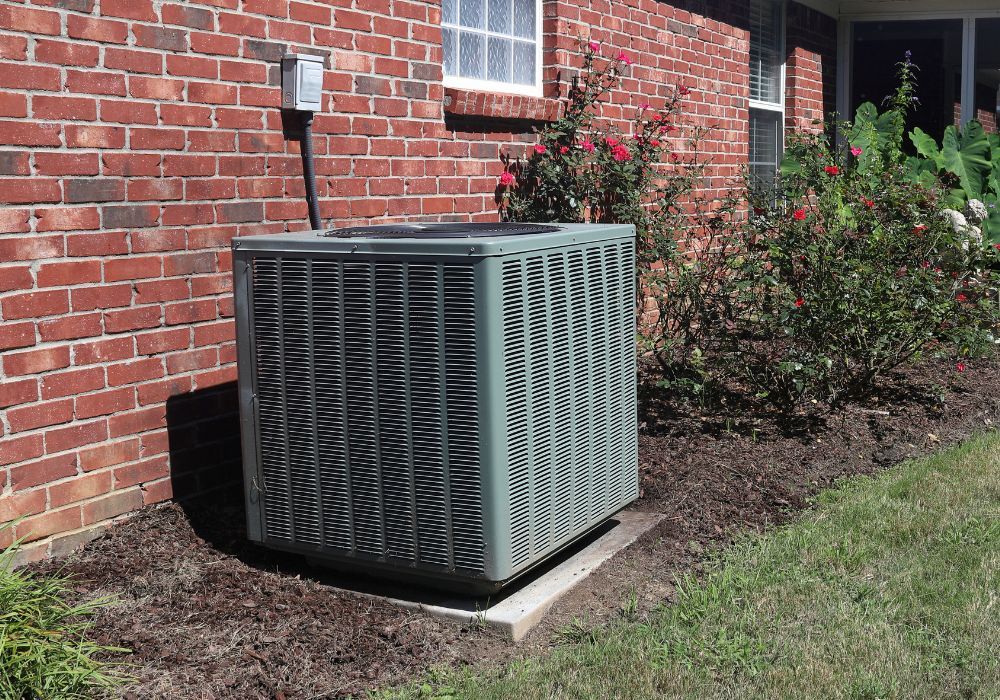
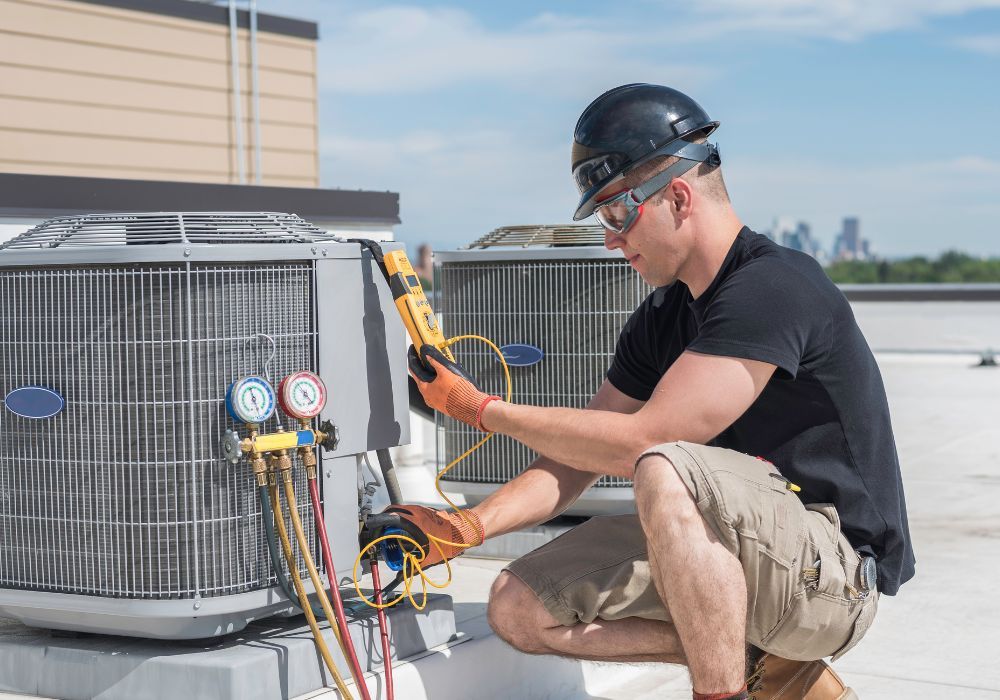
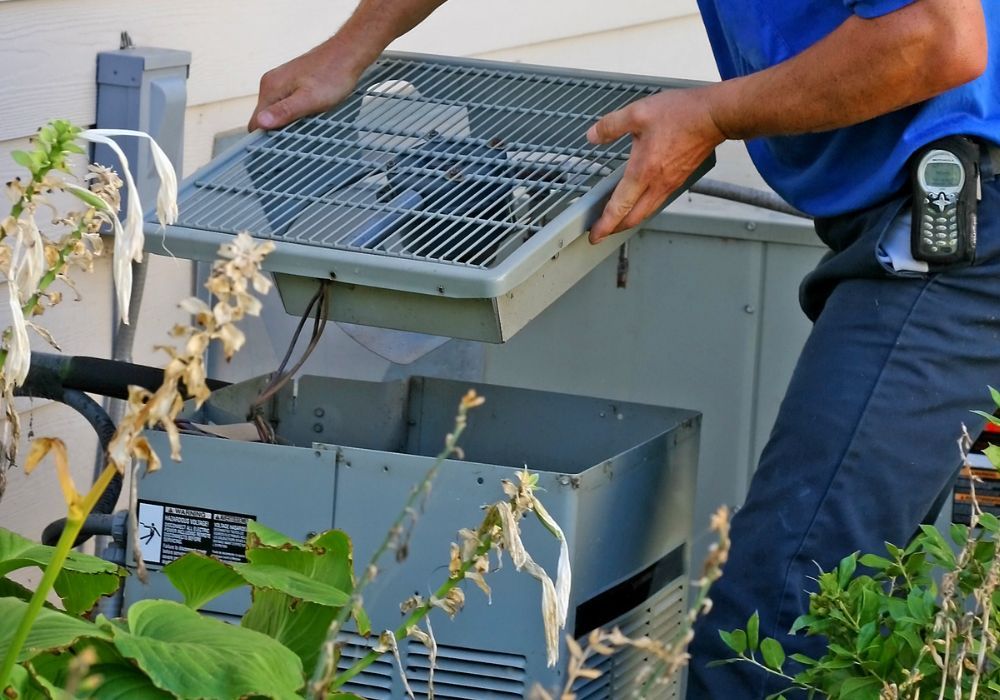
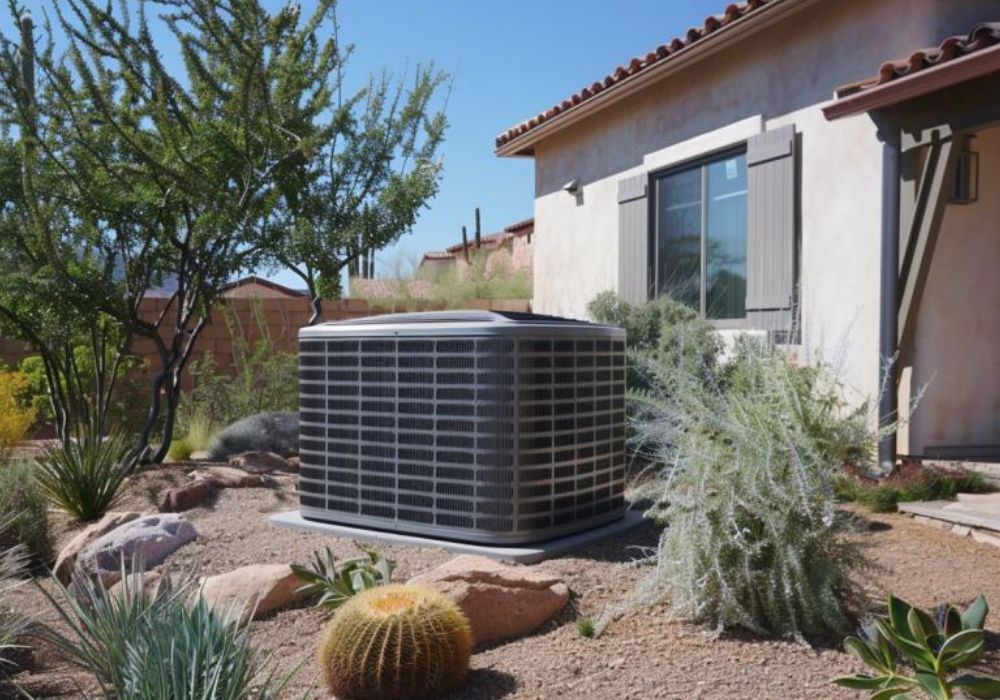
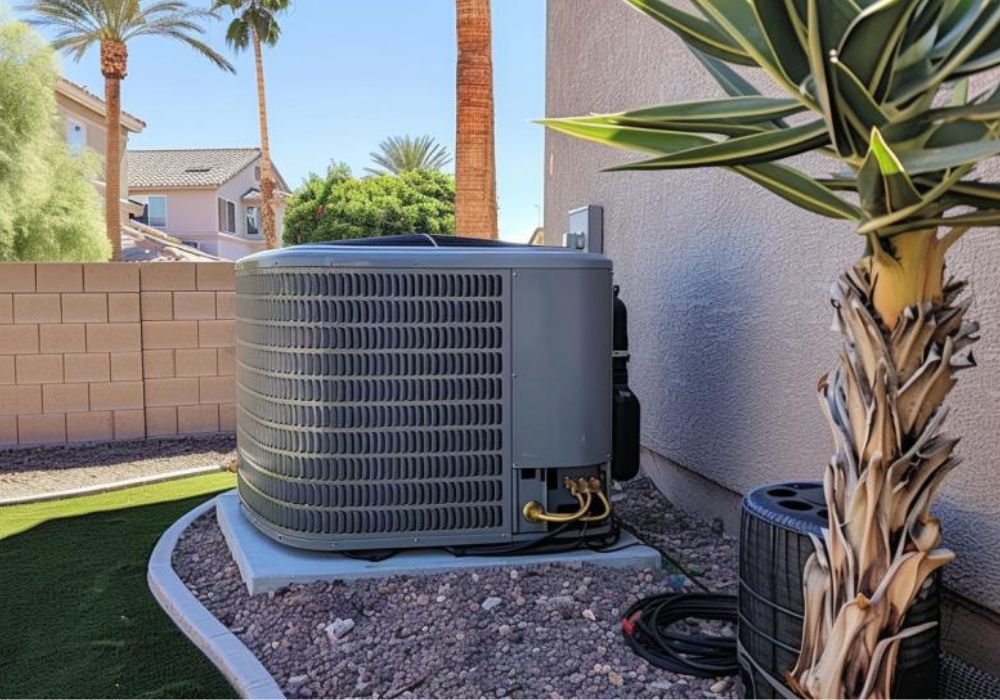
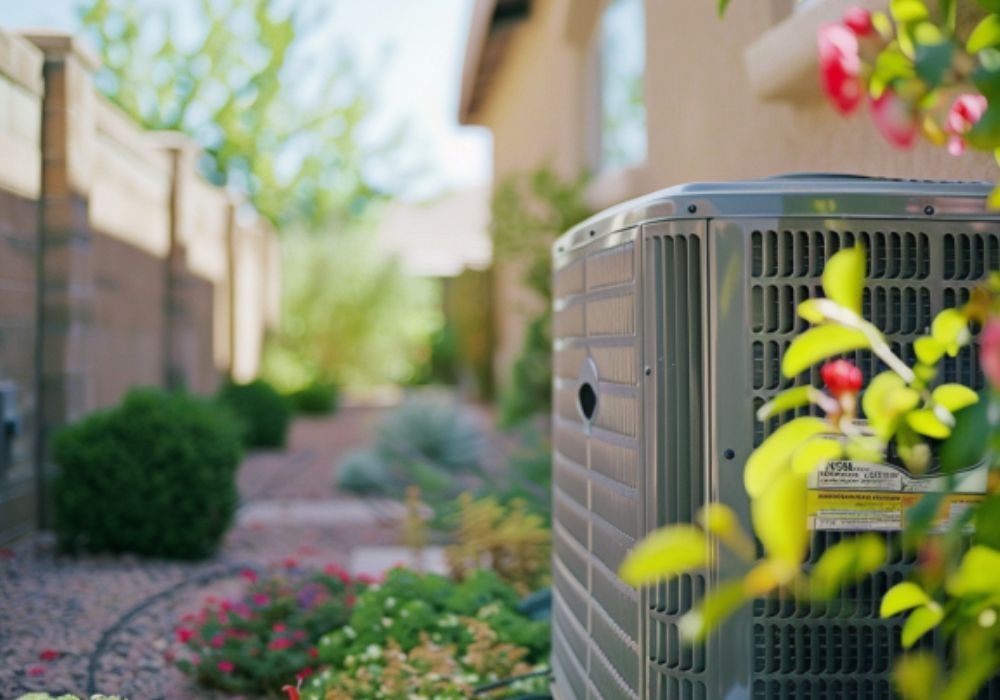
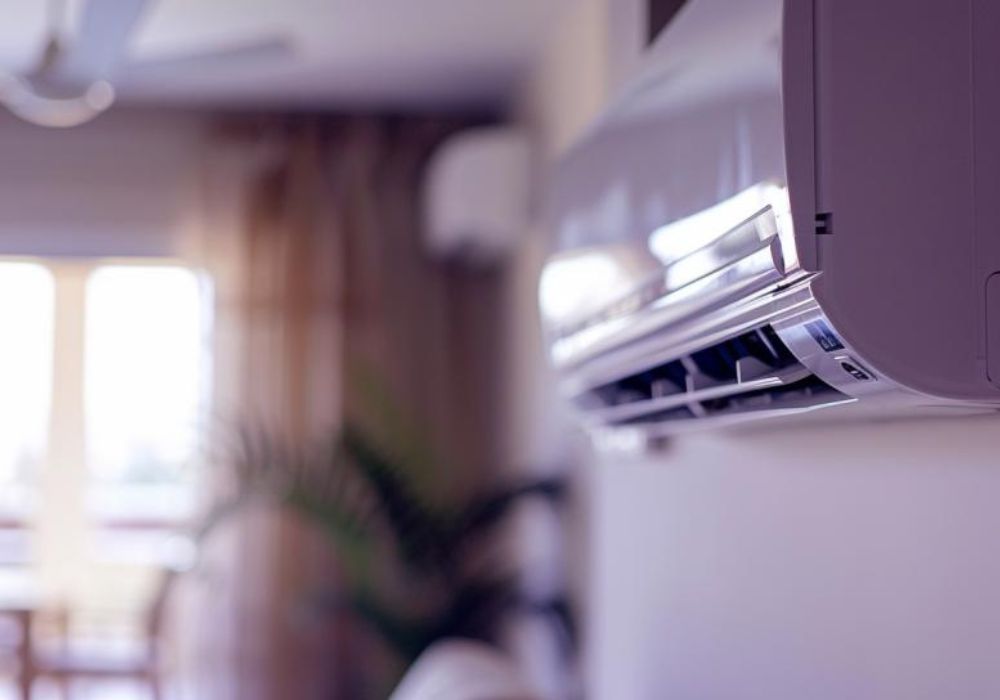
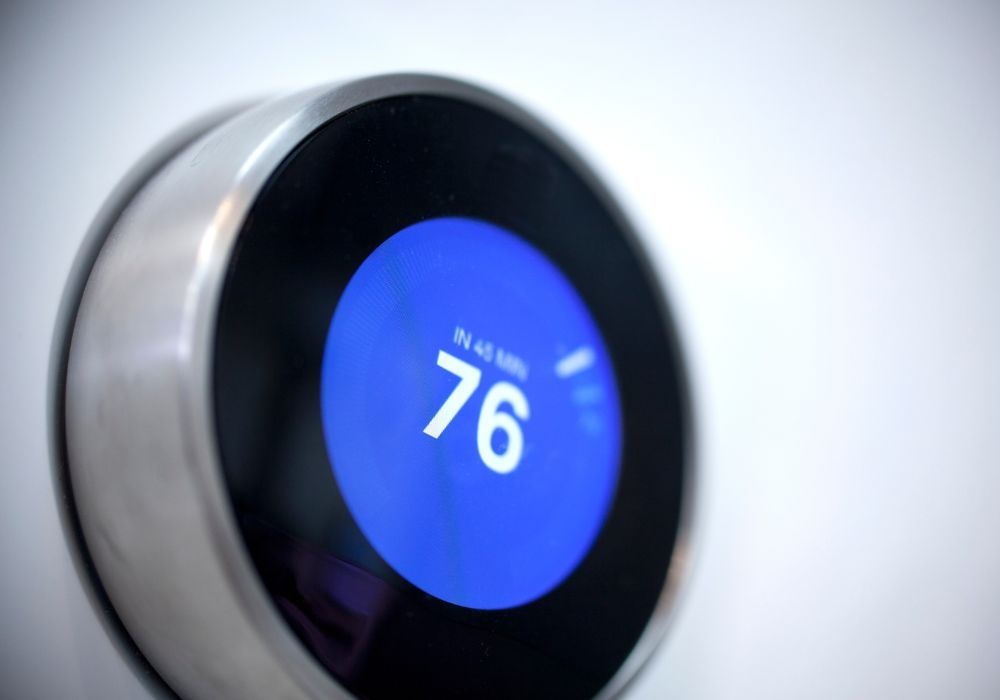
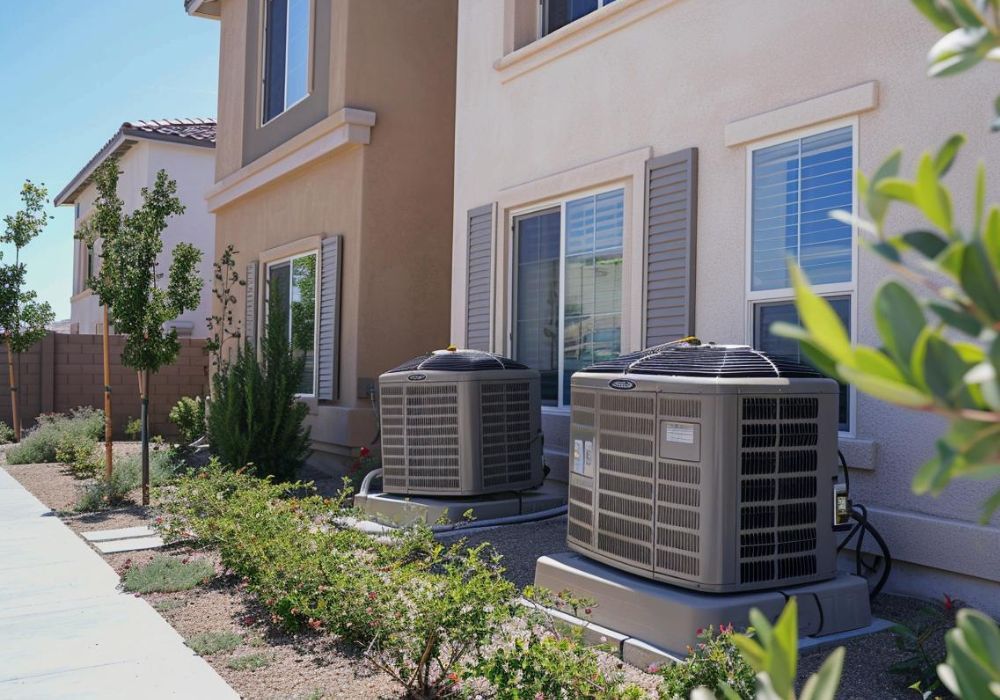
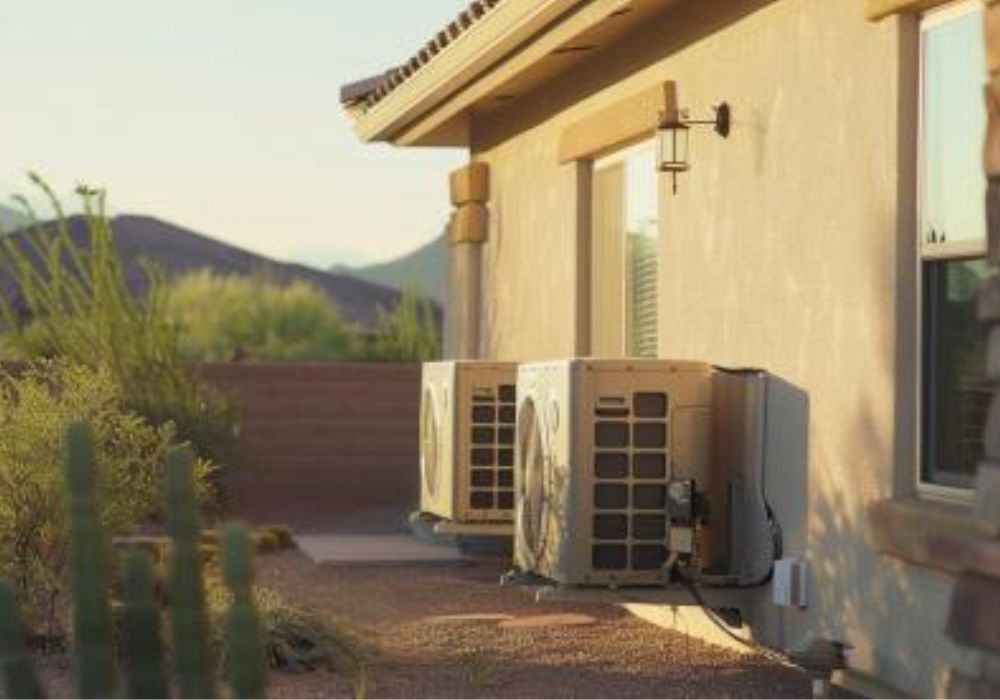
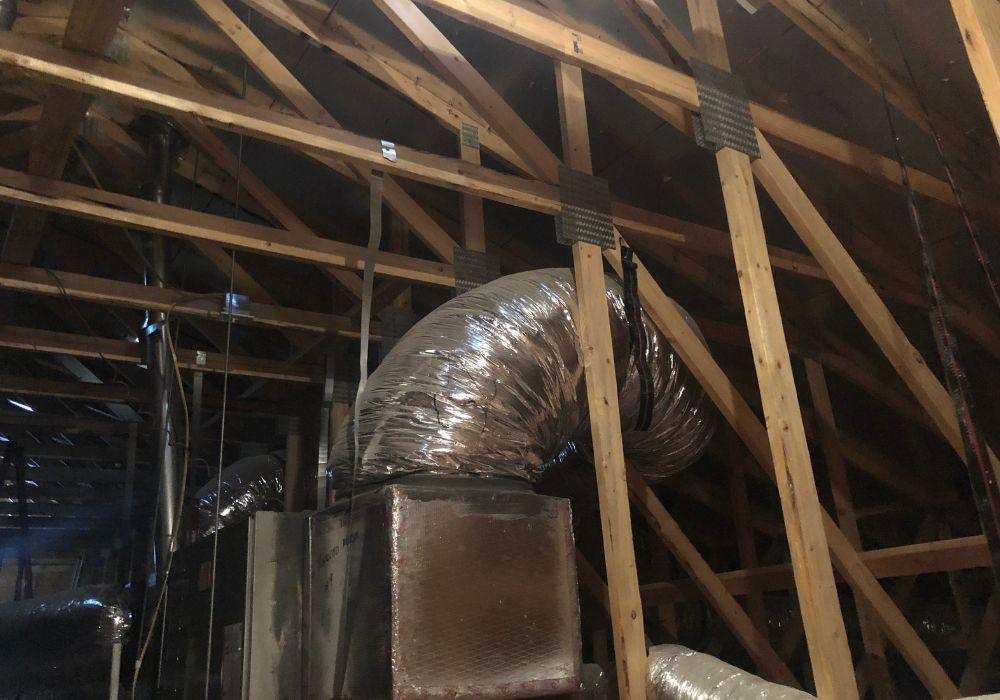
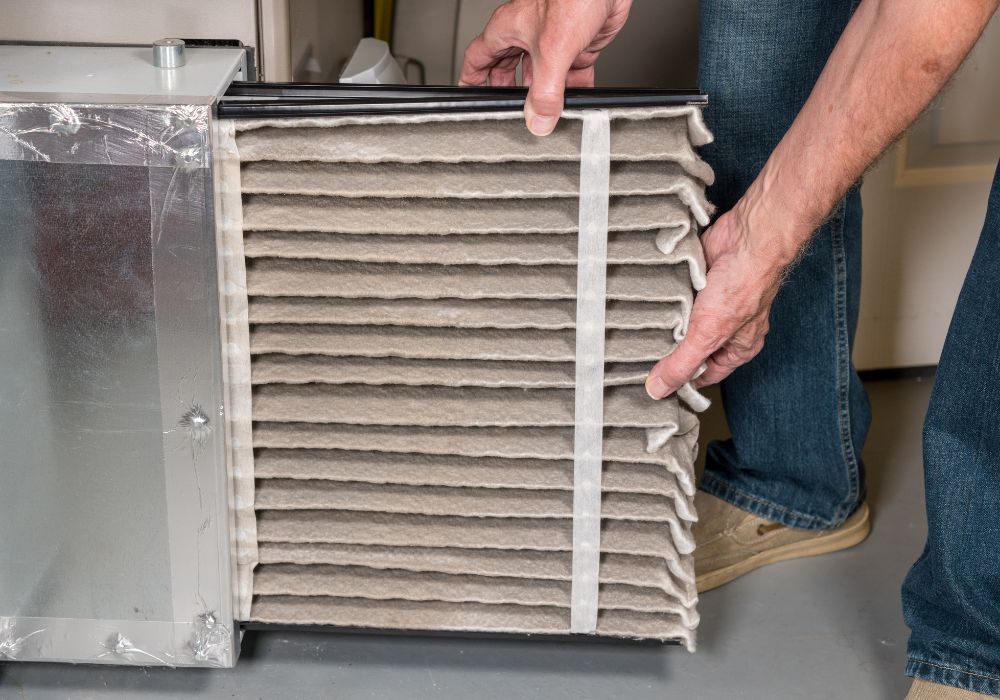
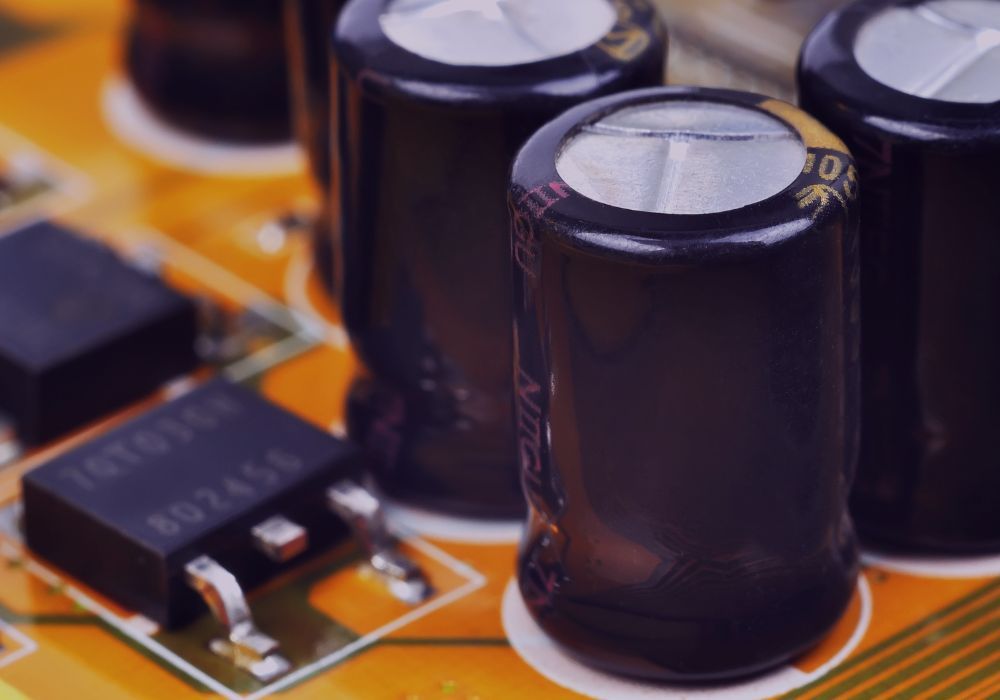
Leave a Reply